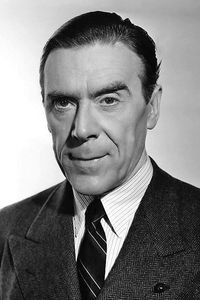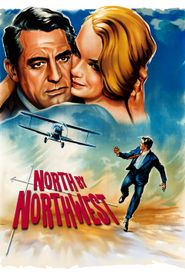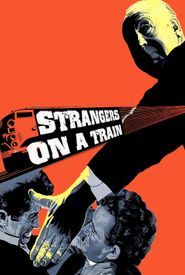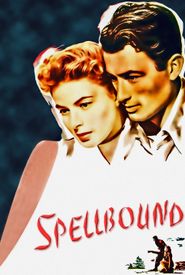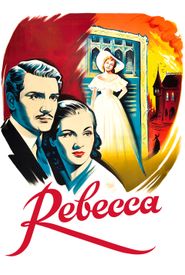Leo G. Carroll's journey in the world of acting began as a schoolboy, taking part in Gilbert & Sullivan productions. At the tender age of 16, he played an old man in 'Liberty Hall', showcasing his remarkable talent even at such a young age.
Despite hailing from a military family, Carroll chose to pursue his passion for the theatre instead of a military career. His experience during World War I likely influenced this decision. In 1911, he worked as a stage manager and actor in 'Rutherford and Son', and the following year, he took this play to America.
Twelve years later, Carroll made the permanent move to the United States. His Broadway debut was in 'Havoc' (1924) alongside Claud Allister, followed by a performance in Noël Coward's 'The Vortex' (1925) as Paunceford Quentin.
Carroll's subsequent stage successes included 'The Green Bay Tree' (1933) as Laurence Olivier's manservant, 'Angel Street' (1941) as Inspector Rough, and the title role in 'The Late George Apley' (1944). The latter, a satire on Boston society, opened in November 1944 and closed almost exactly a year later. A reviewer for the New York Times, Lewis Nichols, praised Carroll's performance, stating that he played the role "honestly and softly," avoiding caricature.
Carroll's film career began in 1934, with small parts in prestige 'A pictures' and period dramas such as 'The Barretts of Wimpole Street' (1934) and 'Wuthering Heights' (1939).
As a method actor, Carroll fully immersed himself in his roles, earning him the attention of Alfred Hitchcock. The director preferred Carroll to play the part of a U.S. senator in 'Strangers on a Train' (1951) over any American actor.
Carroll's performances often added gravity to his roles, as seen in his portrayal of Dr. Murchison in 'Spellbound' (1945) and Professor in 'North by Northwest' (1959). On television, he brought his dignified and urbane presence to characters like Cosmo Topper and Alexander Waverly, spymaster and boss of Napoleon Solo and Ilya Kuryakin in 'The Man from U.N.C.L.E.' (1964),a role for which he is most remembered.
Throughout his career, Carroll appeared in over 300 plays, with the stage remaining his preferred medium. He once remarked, "It's brought me much pleasure of the mind and heart. I owe the theatre a great deal. It owes me nothing" (NY Times, October 19, 1972).
